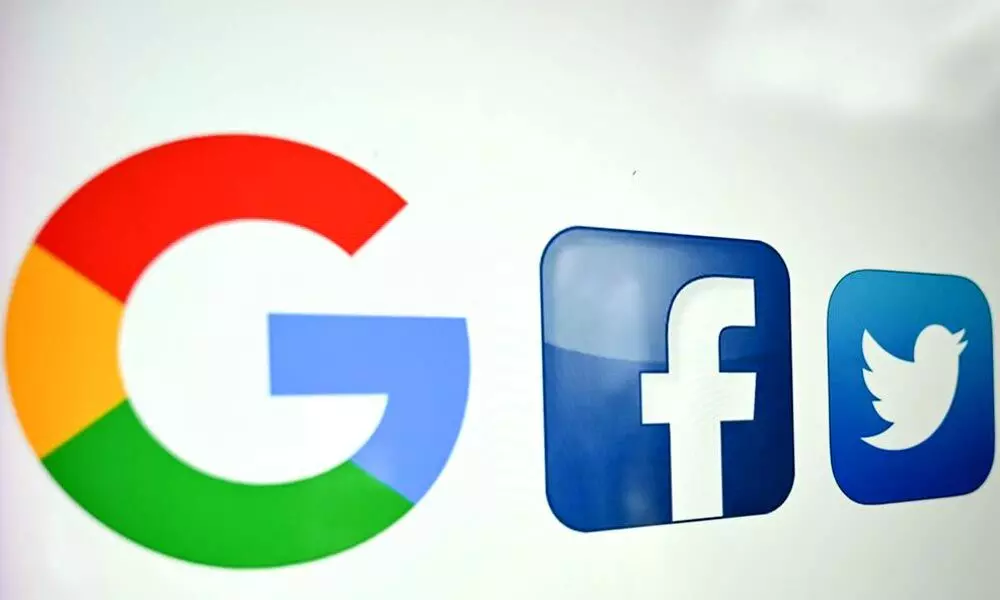Tech CEOs should admit it they're publishers
Mark Zuckerberg, Sundar Pichai and Jack Dorsey will visit with Congress today, as each has multiple times since last October, to testify about the spread of misinformation (gossip, mistakes and lies) and disinformation (propaganda) across digital platforms controlled by the companies they run.
image for illustrative purpose

Mark Zuckerberg, Sundar Pichai and Jack Dorsey will visit with Congress today, as each has multiple times since last October, to testify about the spread of misinformation (gossip, mistakes and lies) and disinformation (propaganda) across digital platforms controlled by the companies they run.
They are likely to repeat many of the things they've said before.
Zuckerberg, the chief executive officer of Facebook Inc., plans to say he has "made fighting misinformation and providing people with authoritative information a priority for the company." In October, he testified that "people want to know that companies are taking responsibility for combatting harmful content" and "want to make sure that platforms are held accountable."
Pichai, the CEO of Google parent Alphabet Inc., will say that his core mission is "providing trustworthy content and opportunities for free expression across our platforms, while limiting the reach of harmful misinformation." In October, he told Congress that his company has "a responsibility to protect people who use our products from harmful content and to be transparent about how we do that."
Dorsey, the CEO of Twitter Inc., will say that "Twitter's purpose is to serve the public conversation," and his company's effort to "combat misinformation" has to be "linked to earning trust." In October, he told legislators that "Twitter's purpose is to serve the public conversation" and that people "want to be able to trust the services they are using."So, Groundhog Day.
And how much has truly changed over the past several months on social media and the web since the last time this trio testified? Many crazy things - seismically destructive things - keep popping up. The recent antipathy toward social media that began with concerns about Russian disinformation undermining the 2016 election and Donald Trump savaging democracy and basic decency has grown because of equally reasonable concerns about how the web gave wings to Trump's debunked myths about election fraud, the insurrection at the Capitol on Jan. 6 and hooligans floating anti-vaccination hogwash amid a pandemic.
Sitting here as an unscientific observer who admires the myriad virtues of the internet and is pained by the chaos and bile it so easily sponsors, things don't seem that much better now than they were months ago.
Zuckerberg, Pichai and Dorsey will all make strong cases for the billions of posts they monitor and the millions they take down. They will make equally robust arguments for the sophisticated and high-minded monitoring systems they put in place. Their respect for privacy and free speech will also shine through.
Yet time and again, social media unleashes one kraken after another despite all of those good intentions and despite the dog-and-pony shows Congress hosts.
Zuckerberg, who has gone out of his way in the past to keep his business humming along by ignoring the abuses it spawns, plans to tell Congress today that he's open to modifying Section 230 along those lines. Liability protection for posting "unlawful content," he'll say, should be predicated on "companies' ability to meet best practices to combat the spread." To that end, instead of being granted blanket legal immunity, "platforms should be required to demonstrate that they have systems in place for identifying unlawful content and removing it."
However, this plays out, let's not hold another congressional hearing about it. Let's see some action. (Bloomberg)
Timothy L O'Brien

